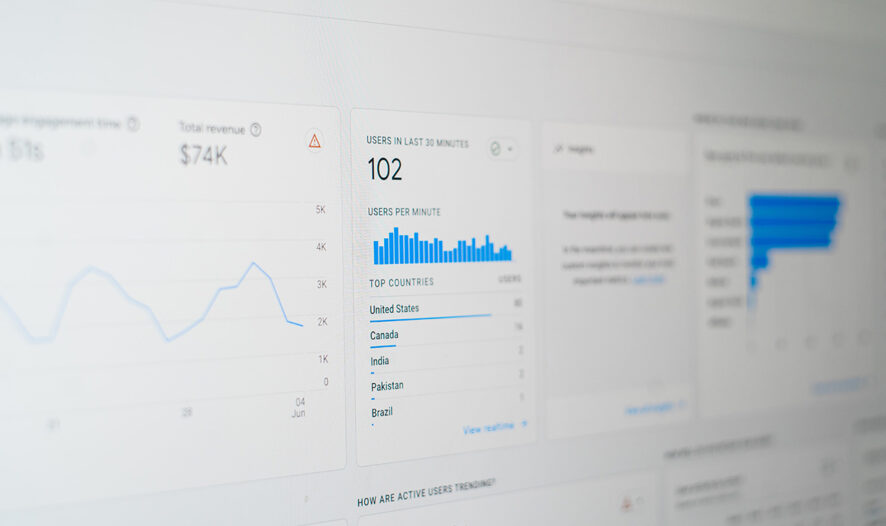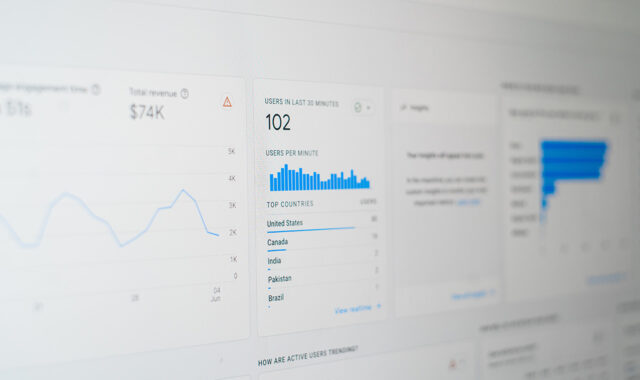If you’re still unsure about where to start, we can help.
With our free tips and guidance, you can build a better digital marketing setup. But if you don’t have the time or resources to manage it all on your own, we can support you. Get in touch to find out how.
One thing’s for sure about SEO – it’s a work in progress. As your business moves towards your goals, you want to ensure it remains on the right track and improves in specific areas to ensure success.
To achieve this, you need to have an SEO maintenance checklist. This will allow you to discover issues early, address them, and optimise your business results.
Here is what your checklist should contain.

1. Be in the know about SEO & Industry news
You need to know what’s new in your industry and in the constantly evolving world of SEO.
- Has a new product been launched that people are dying to know about?
- Is there a new SEO practice that can take your business to the top of SERP’s first page?
You’ll never know if you don’t check.
So, try to take time to explore forums and online communities specific to your industry at least once a day. Visit your email or favourite sources for SEO updates and see if there are new things your business can benefit from.
2. Keep tabs on your performance indicators
You need to frequently check your performance metrics to see if you’re meeting your campaign goals.
If you’re a business or charity in e-commerce or if you’re running a campaign, chances are you’ll want to know the following important information.
- How many people visited your priority page?
- How many people clicked on your call to action or added to the cart?
- Where did your visitors come from (Social, search engine, etc.).
- What is your priority page position on SERP.
All this information can be crucial to helping you meet your overall target for the month or for the lifespan of your campaign. So, try to check your key performance indicators (KPIs) at least twice daily.


Support Services
Explore our services to see how we can support you.
We work with clients of all sizes, ambitions, and expectations, and with budgets that start from as little as £150pm to over £1.5m each year. Explore our simple-to-understand packages that take the pressure off, so that you can focus on what you do best.
3. Get your monthly, quarterly & annual data
Some industries experience peak seasons and low seasons. And some days are generally viewed as the best days for sales-oriented businesses, like Mondays and Thursdays.
Aside from that, remember that SEO is often a long-term game. So those specific improvements you make on your site will take months to show substantial results. Give it time.
4. Run an audit
As days turn to weeks, things change on your website and you have to respond to these. The following are just some of those things that will require your attention regularly:
- A plugin is updated.
- There’s a code update.
- New content causes duplicate tags or pages.
- Links are broken.
- A significant search engine ranking update comes up.
- Your database gets cluttered.
- Bad backlinks are generated.
Running a quarterly SEO audit will let you check that everything is working smoothly on all SEO fronts. Audits help you get the most out of your campaigns and monthly sales goals.
You can use tools like Google Search Console reports, SEMrush, and more to get data on your:
- Technical SEO.
- On-page SEO.
- Off-page SEO.
- Local SEO.

Once you’ve gathered updated reports on your website, compare these with the industry standards, your competitors’ performance and your performance markers. This will give you a good overall picture of your website and SEO activity and guide you on the best course of action.

Get a free website health-check.
Find out if your website is depriving you of visitors. Request our free website health-check to identify common issues with speed, user experience, and performance. We’ll deliver this in a clear report along with some basic recommendations and quick fixes.
Learn more about health-checks
Frequently asked questions
-
As you run your online business, it’s essential to carry out website auditing periodically. This will guarantee you get the best results from your campaigns and help you achieve organic growth. Here are some helpful steps to keep in mind.
-
With all the responsibilities you and your team shoulder, it’s unrealistic and impossible to try to track your site’s SEO performance manually. Here are some of the bests on the market to meet your needs.
-
Site engagement is the actions visitors take while on your website. This analysis includes various performance indicators that allow you to determine if your page offers value to your visitors and which areas to improve. Here are some tips to help you with that.
Start a Conversation
Request a call-back to see how we can support your digital growth.














